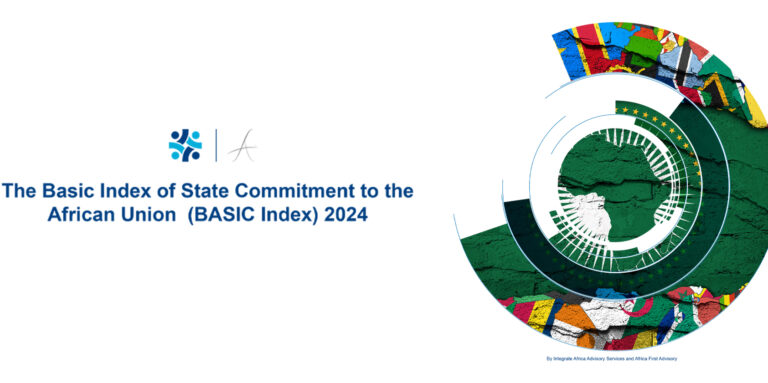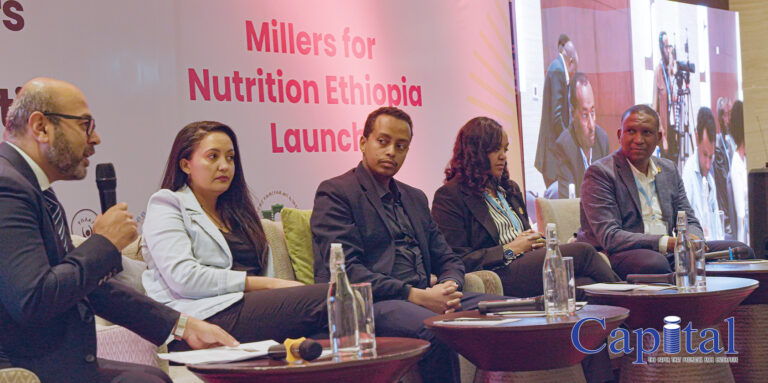By Eyasu Zekarias
Siket Bank has announced that it disbursed loans totaling more than 9 billion birr during the last financial year, with business and services sectors accounting for 72% of this amount. The bank, which recently transitioned from a microfinance institution to a full-fledged banking entity, also reported that continuous manufacturing contributed 12%, construction 9%, and agriculture 6% to its loan portfolio.
In addition to its lending activities, Siket Bank revealed that total deposits for the 2023/24 financial year reached 4.9 billion birr, reflecting a remarkable 36% increase compared to the previous year. The bank’s Board of Directors reported a net profit of 1.54 billion birr, marking a significant growth of 50% from the prior fiscal year.

As of June 30, 2024, Siket Bank’s total assets amounted to 15.9 billion birr, an increase of 3.7 billion birr or 30% from the previous year. Despite facing challenges such as global socio-economic slowdowns and inflationary pressures, the bank has managed to achieve impressive results in its financial performance.
The report indicated that Siket Bank’s total expenditure for the current fiscal year was 828.5 million birr, which represents a 28% increase compared to the same period last year. This rise in costs is attributed primarily to increased interest payments linked to the growth in deposits and various expenses related to the bank’s transition process.
During the fiscal year, Siket Bank successfully implemented core banking systems that connected all branches, including its headquarters. This technological advancement marks a significant milestone in enhancing the bank’s operations and improving customer service.







